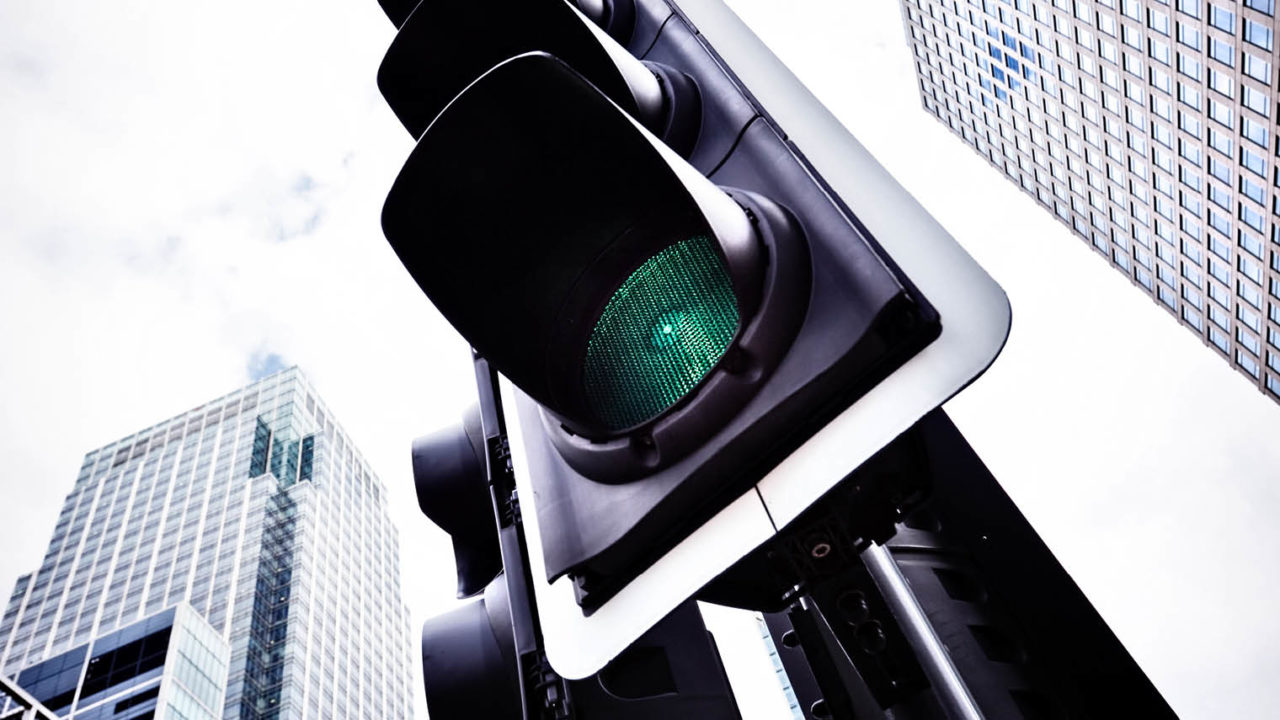|
Consumers are increasingly using frictionless payment methods, from contactless to in-app and voice-activated. But before these new ways to pay become the norm, people need to be comprehensively reassured of the benefits.
Despite the pace of innovation in frictionless payments, which ease the buying process by removing manual steps, cash and other established payment methods remain remarkably widely used. The easier it is for consumers to pay, the more likely they will complete their purchases. Biometric payment cards with fingerprint recognition allow what was previously impossible – cards that are ultra quick to use, yet have powerful security.
Consumers have multiple payment options, from cash and cards to phones and mobile wallets, QR codes and peer-to-peer (P2P) payments. Cards and digital payments focus on convenience, yet PIN codes and passwords often slow down transactions and frustrate buyers, and contactless payments can only be made up to a certain value which varies by market. Water supply and sewerage lie on a critical path for developers, although the process of providing these services can be hugely inefficient. Now Anglian Water is among the utilities digitally transforming practices.
Water companies are looking to harness emerging automation technology and smart data to transform their services. Often this requires a new way of working, closely focused on defined business outcomes, effective innovation and proper collaboration. Businesses of all sizes are increasingly tackling climate change because they recognise not only the environmental need, but also customers’ expectations. Cutting carbon emissions and using renewable sources of energy can win loyal clients while improving profitability.
Environmental issues are finally high on the agenda of large corporations, given the pressure from regulators and customers who want to see green credentials. Recent documentaries covering the impact of plastics have further heightened all concerns for the planet, including energy usage. The automotive and technology industries are rapidly developing self-driving cars. But while these vehicles are expected on UK roads within three years the legal frameworks for liability and data privacy remain far from ready, says leading global insurance law firm Kennedys.
Car insurance may have operated essentially the same way for many years, but it faces a new complication in the form of self-driving cars. In an accident, questions abound whether it was the fault of the autonomous system or the driver, how it can be determined whether the car was manually driven or automated at that moment and if the system had been tampered with or hacked. |
Recent portfolioA selection of articles, reports and other content. Archives
February 2024
Categories
All
|





 RSS Feed
RSS Feed
